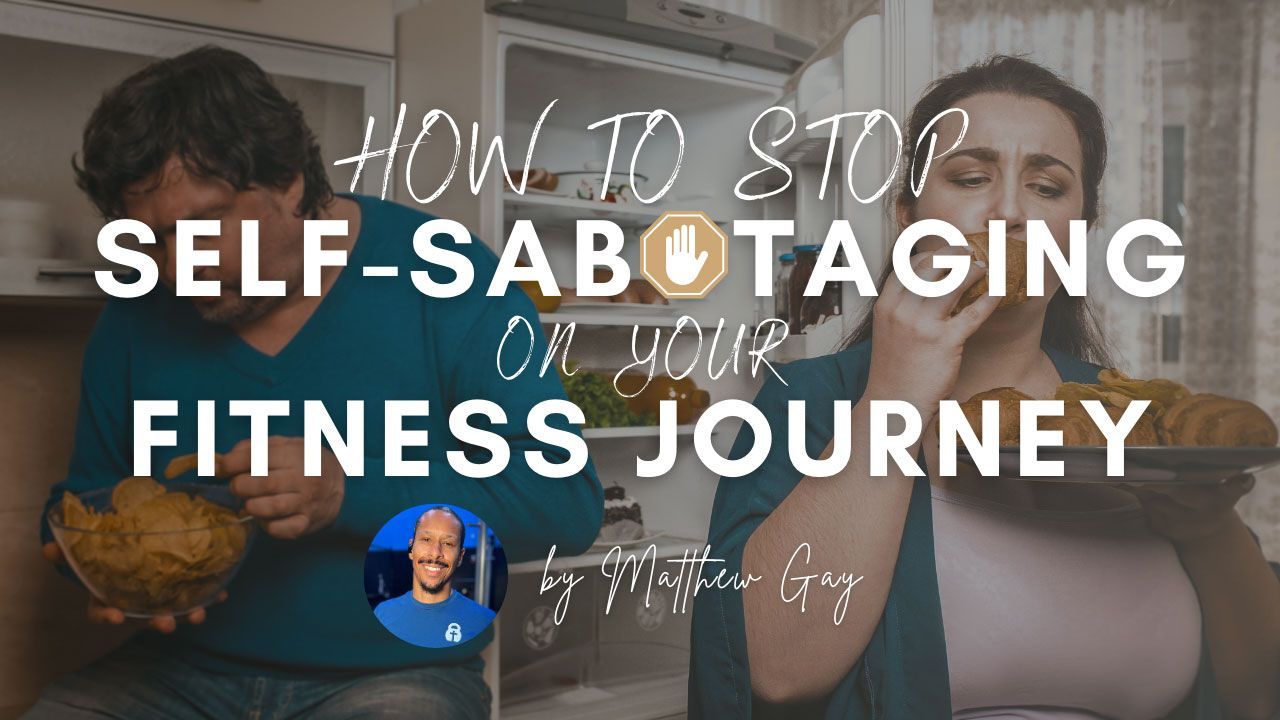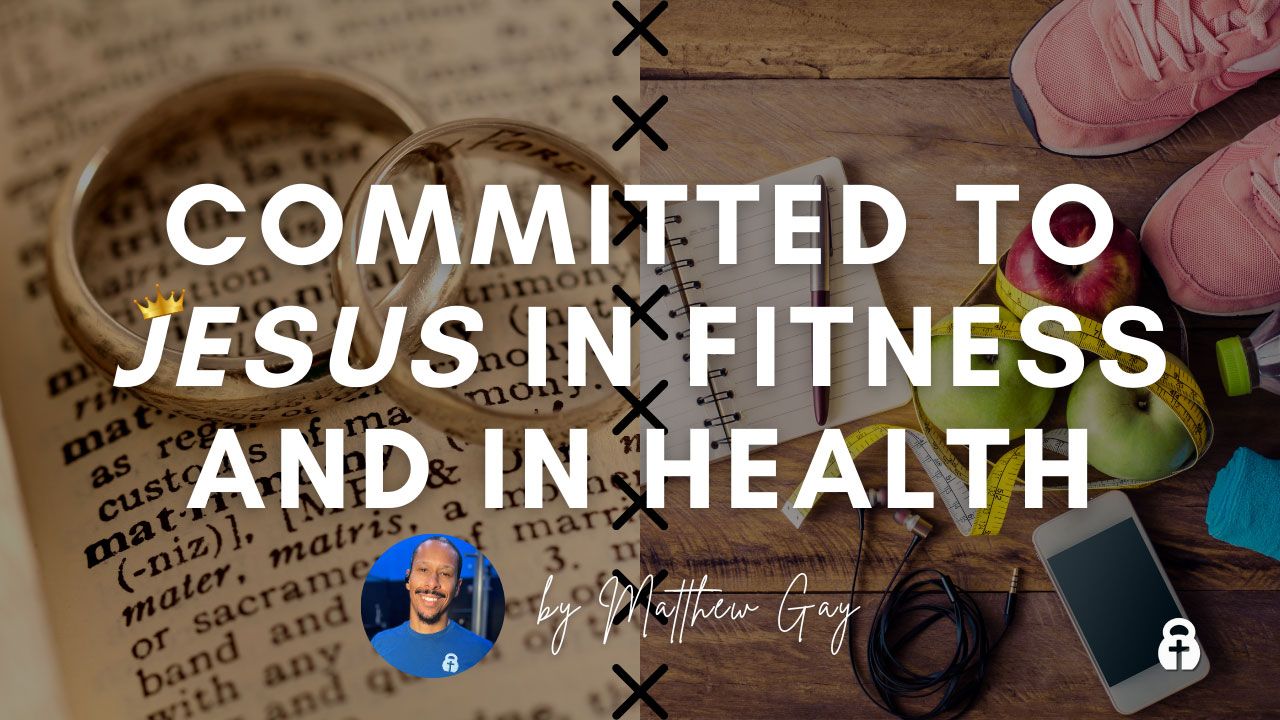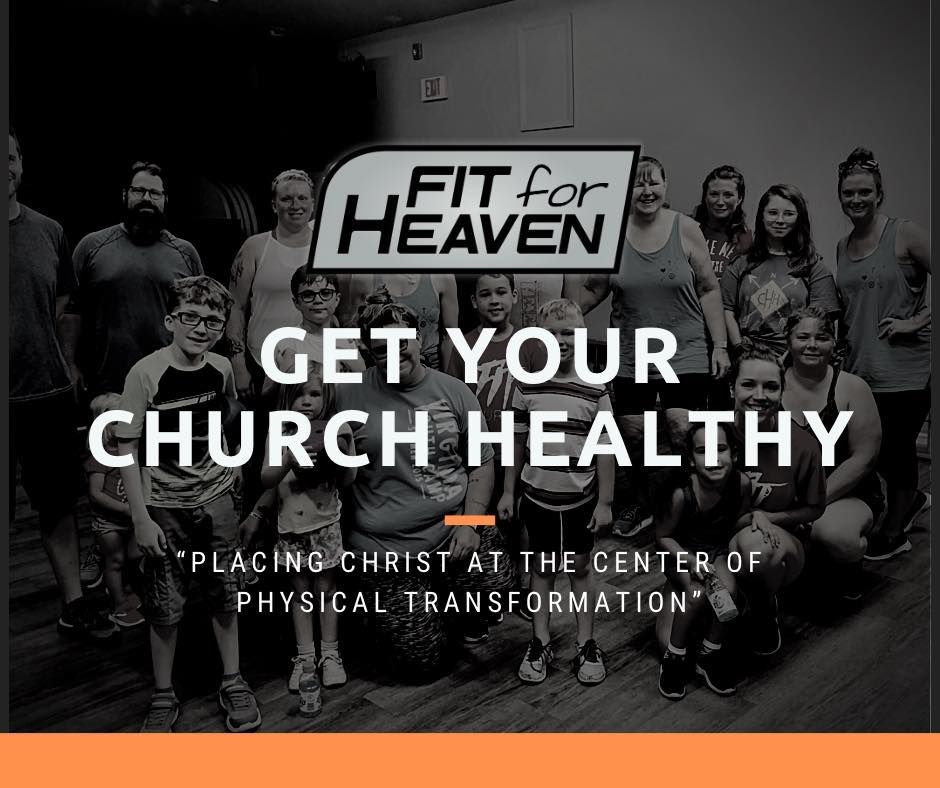Unhealthy Habits in the American Church
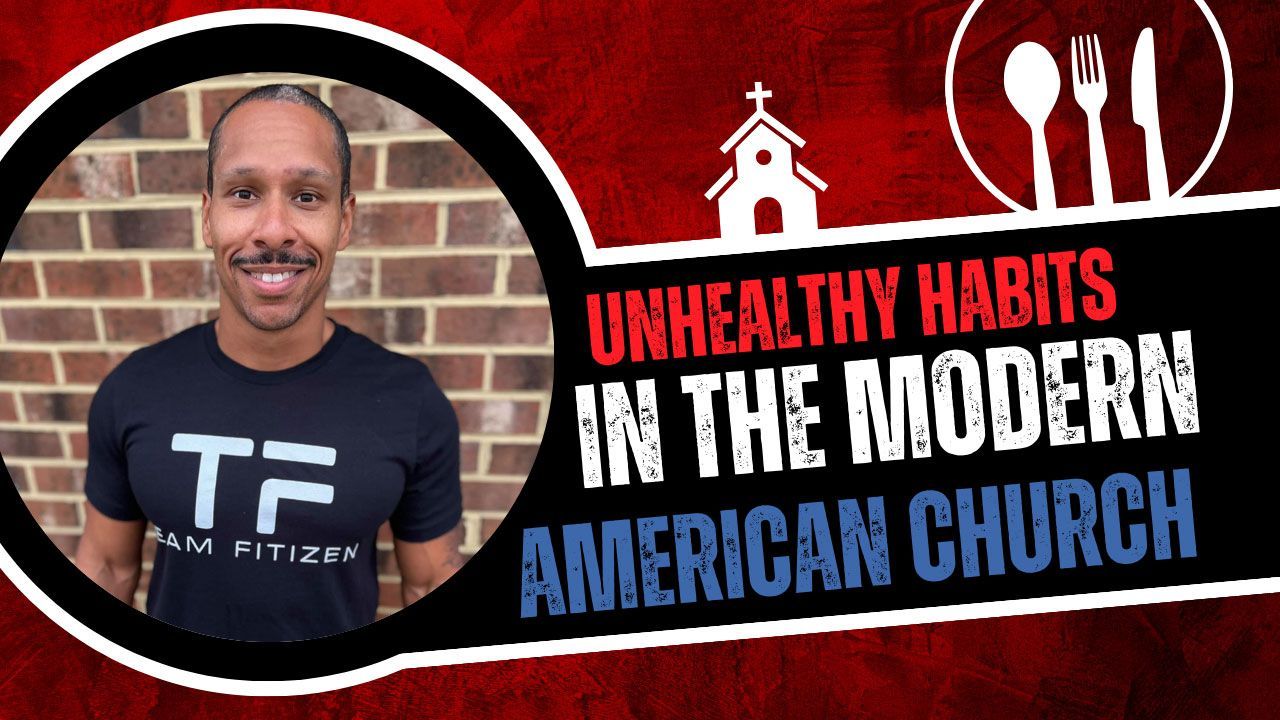
God’s people have always been given instructions to refrain from things that would harm them. Even as we look at the Ten Commandments, we see God’s heart in protecting his children as he speaks commands like “thou shalt not covet.” Though this would do no physical damage, it bears a psychological, emotional, and potentially spiritual burden on the disobedient. The same applies to lying. Being that God is a good Father, he desires the well-being of his children, which is a result of their consistent acknowledgment of him as he directs their path. Along the way, his children stopped being concerned about the “king’s meat” like Daniel was in Daniel 1:8 and started conforming to the patterns of this world, contrary to Paul’s instruction in Romans 12:2.

The church I know loves fried chicken, mac and cheese, cakes, and pizza.
It’s what most churches order for every event. Our potlucks allow us to indulge in dips and other delectables that contributors would deem their “famous…[fill in the blank].” “What’s wrong with that?” you might say, and to that, I would say, “Nothing.” My concern isn’t that we are eating high-calorie foods we enjoy when we get together. It’s that we don’t stop eating them when we go home. You see, I’ve been to many Christian gatherings throughout the years and have noticed something that hurts my heart more and more as my coaching career goes on. It’s the disheartening reality that though most will partake in the high-calorie feast that tends to be at these gatherings and move on from that until next time, not everyone is returning home to a healthy lifestyle afterward.
Over the years, it’s as though the modern-day church has established its own blend of popular comforts and challenges to frown upon while others fly under the radar. For example, we stay away from things like drugs and drunkenness, but we have no problem with sugar and caffeine, with things that distort your thinking and that millions of people are heavily addicted to.
What I’m afraid we aren’t considering is that there are brothers and sisters who truly struggle with an addiction to those things we have made a part of our culture. People in our churches and smaller networks who are wrestling with health issues face temptation every time they gather with the very community God provided to aid them in breakthrough. We must consider that which is right in front of our eyes. To convince ourselves that it is not our responsibility to consider others’ health needs or to pretend that it’s no big deal is selfish and potentially the result of a welcomed ignorance.
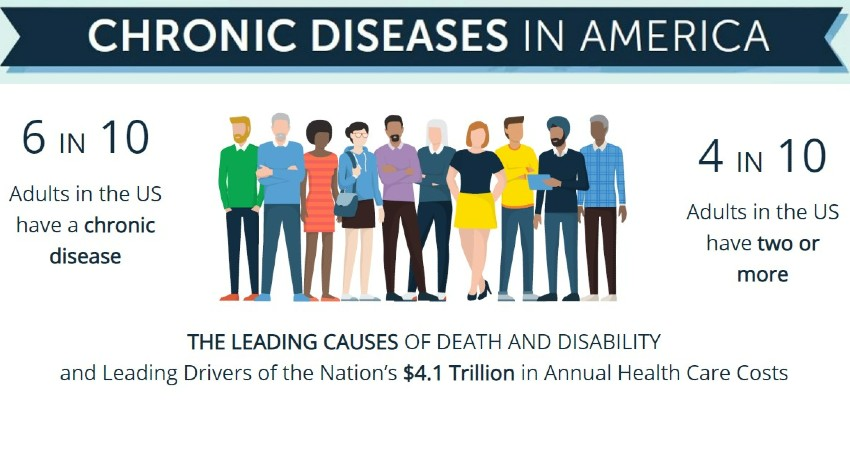
Two-thirds of the deaths in America are caused by chronic illnesses, many of which are the result of poor health habits. We are, as Cain was told by God Himself, our “brother’s keeper.” We, as told in Romans 12:5, “though many, are one body in Christ, and individually members of one another.” This means your health affects me, and my health affects you, whether we realize it or not, if not personally, then on a corporate level, as the larger body we are a part of feels the impact. A healthier you and I mean a stronger us.
The topic of health and fitness is an elephant in the room, but many of us tend to walk around it. It may be for fear of offending someone or being exposed. It may be due to our lack of understanding or an inner sense of hypocrisy. Regardless of the reason, we need to address this issue among other members of the body. Proverbs 27:17 tells us that “iron sharpens iron, and one man sharpens another,” but this doesn’t happen unless we are genuine with one another.
Too often, we greet another brother or sister, asking, “How are you?” and are met with the typical “Doing good!” or “Blessed and highly favored!” These statements can be so empty and leave us distanced in our understanding of one another, though we see each other frequently. Many who say they’re doing fine are not. There may be family issues, financial problems, and health concerns. Life is always happening, and with life comes trials, but do we talk about them? It makes sense that world culture would allow for such an empty conversation because everyone is on such a different path with common points that are hard to distinguish without truly knowing that person.
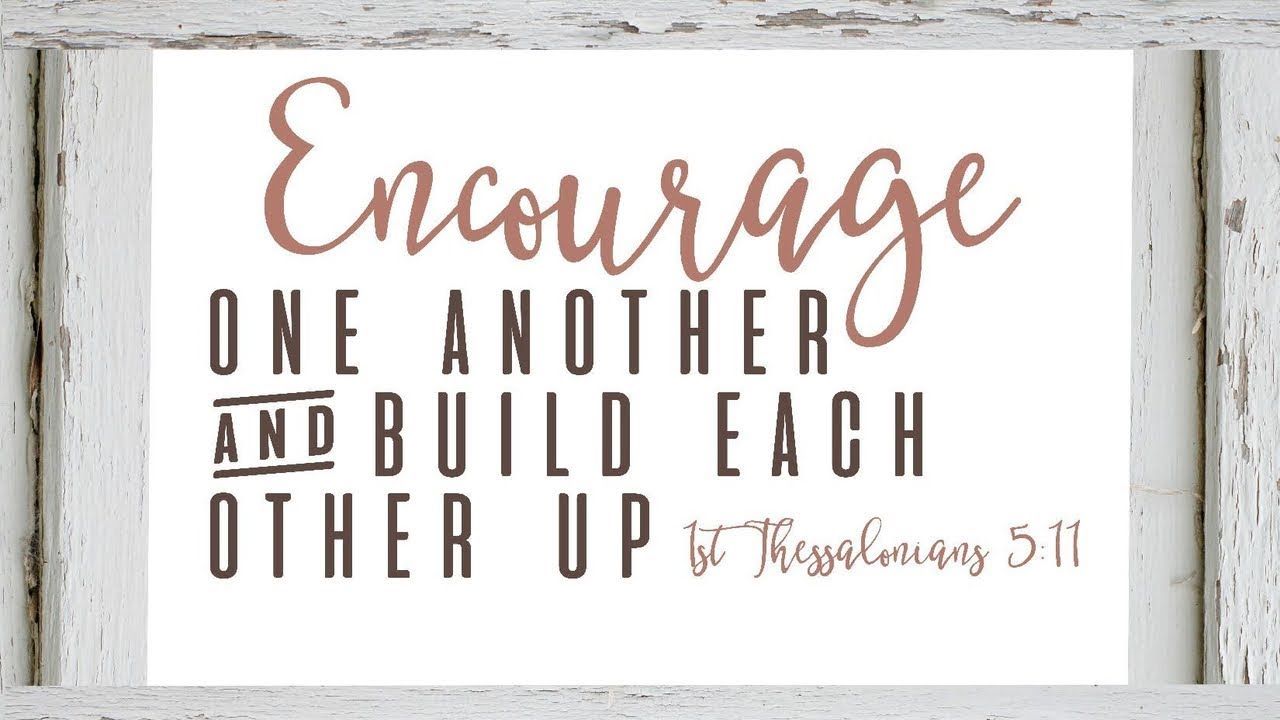
Believers, on the other hand, are called to unity and are bound together by the Holy Spirit. We are many members but one body. This means that we should not be so accepting of our ability to encounter another brother or sister and have no idea that they are struggling. How then can we intercede? How then can we encourage them as 1 Thessalonians 5:11 tells us to?How then can we be our brother’s keeper?
Over the years, I have spoken to hundreds of believers dealing with low self-confidence, chronic illnesses, and various faulty belief systems that stem from and manifest in their physical condition. People have struggled for years to break free from
the same hang-ups, though many of them felt alone in their position, people whose lives were being negatively impacted by the bondage of self-inflicted poor health. They needed a plan they could follow, like a Bible workbook or a course. They need a community to provide accountability and support. They need the strength only Christ can provide.
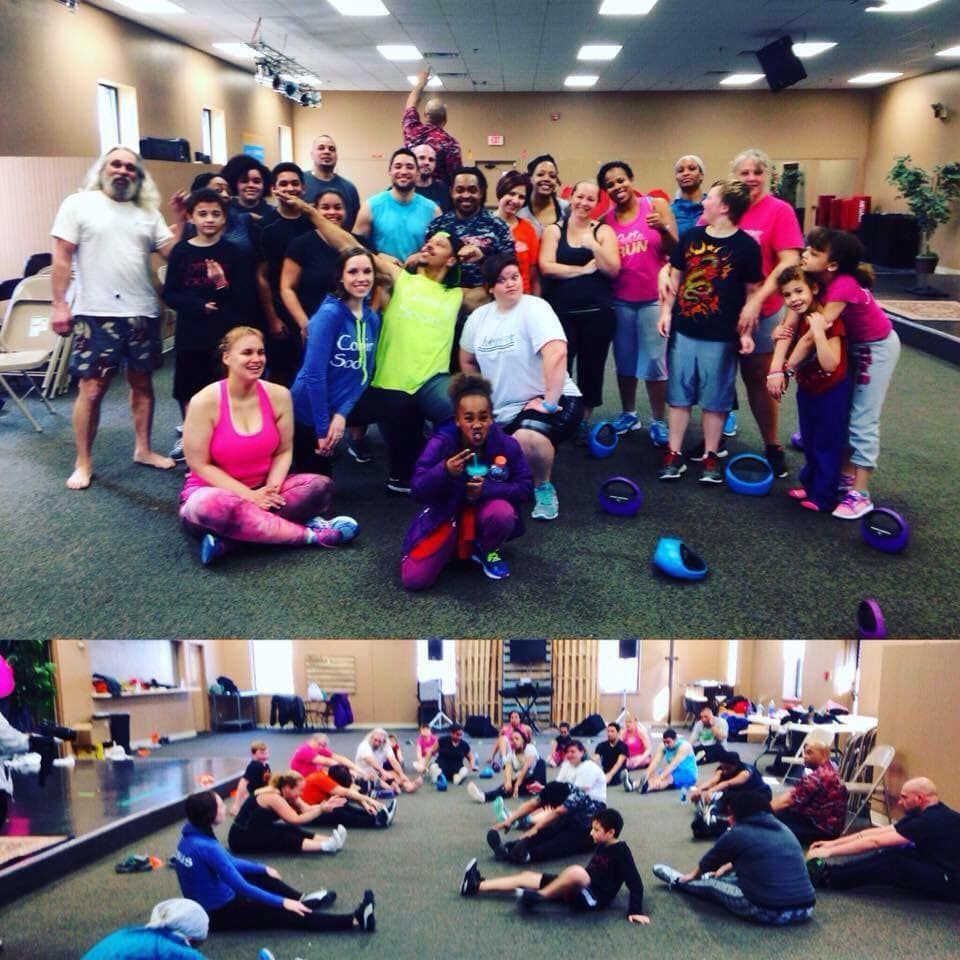
I didn’t realize this until I started hosting weekend classes at my church in 2015. The number of believers I quickly came to discover struggling with their health—and because of it, other things as well—was almost overwhelming. The blessing was that through me, the church I attended was doing something about it, and God was being glorified. This, unfortunately, is not the case for the vast majority of the Christian church. The result is millions of unhealthy, low-energy, uninformed, frustrated believers who attend a church that hasn’t included any plans to help them better care for God’s temples in their mission.
So the question is, how do we change the culture of the American Church in this way? Do we now, knowing there is a problem, simply ignore it, or do we gradually begin to introduce new ways of thinking and ministering to those who attend our church and beyond?”
Well, there is a solution for those who would rather choose the path of honoring God in ALL our ways rather than the path of preferred praise. Stay tuned as we share these solutions via our blog, but look around our site to see how you can get involved and make a difference.
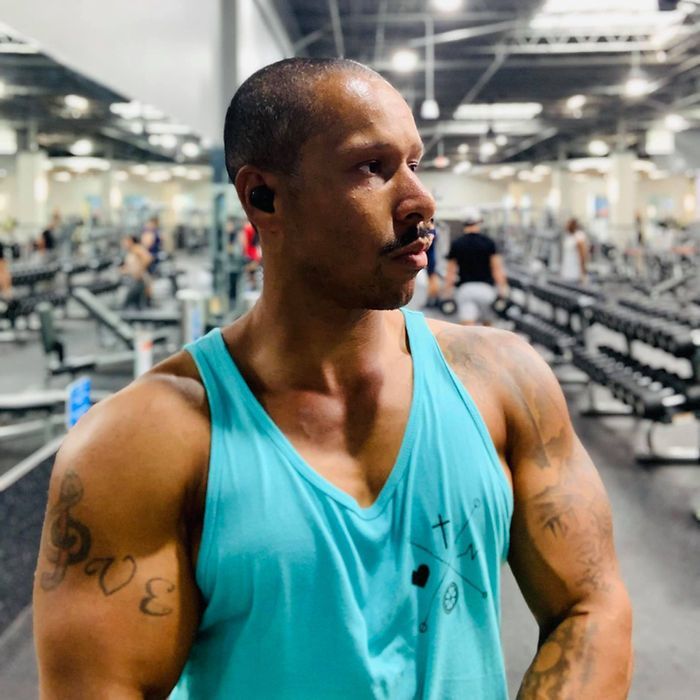
Meet the Writer
Matthew Gay is the CEO of FIT Coach USA, a fitness coaching company offering online health coaching and programs with a faith-based approach. He is also the founder of FIT Church United and the author of the book "Fit Church: Destroying the Division Between Following Christ and Living A Healthy Life." Matthew aspires to make health and fitness a standard in the modern church. He lives in Chesapeake, VA, with his wife and two kids.



